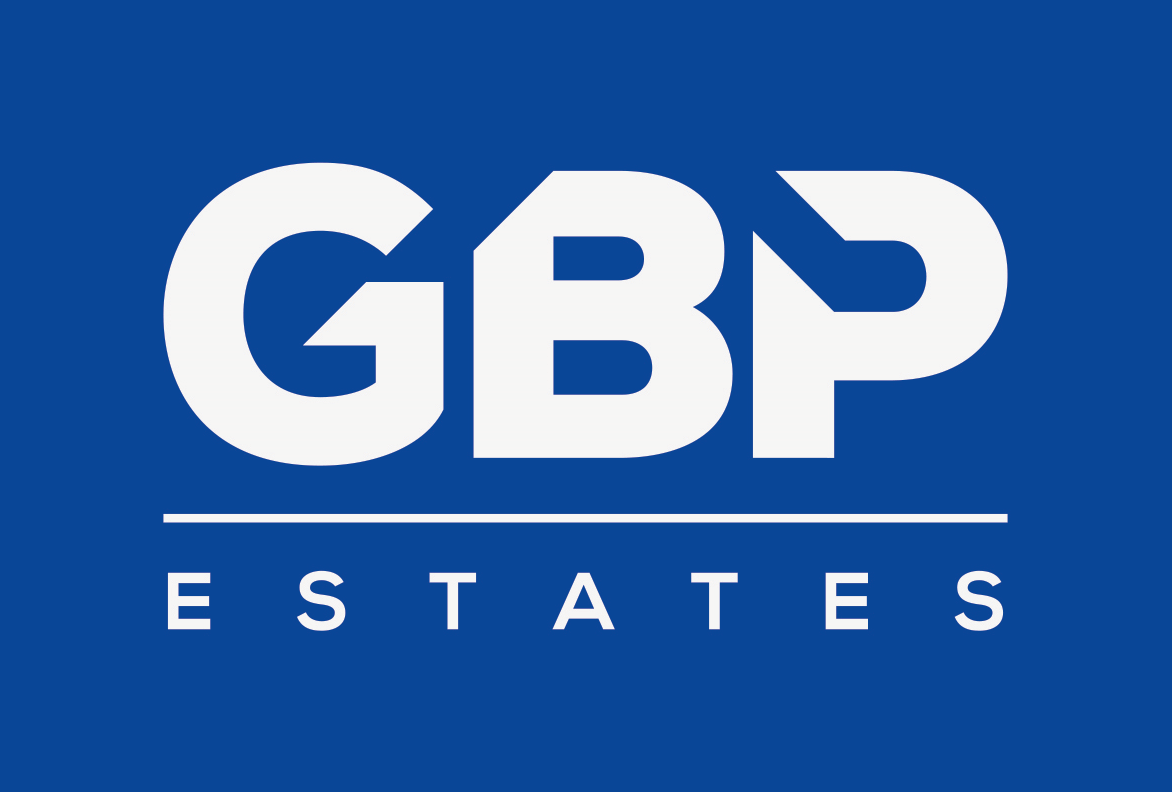
- Inflation (and recessions) can be nerve racking for people and their hard-earned savings and wealth.
- Yet there are six reasons which make investing in private rental properties a potentially wise investment in these changeable times.
- This article looks at how investing in Romford property could help you 'hedge' against inflation and protect your savings and wealth against the possible recession.
The cost-of-living predicament is threatening the budgets of many Romford householders.
Inflation is running at 7.8%, yet the best savings rates in the market are only 2.75% (because of low Bank of England interest rates). This means that the value of people’s savings is falling fast.
To add insult to injury, the possibility of a recession on the horizon could add another nail in the coffin of people’s wealth and savings.
Looking back at the last recession (ignoring the 2020 Covid recession), the Stock Market (FTSE index) dropped 40.1% during the Credit Crunch (2008/9) - scarcely a soothing thought if you worry about a recession looming in the next couple of years.
A recession can have a catastrophic impact on household budgets, as a weaker economy characteristically means that salaries drop, and people get made redundant.
So, why do I suggest Romford rental properties will help to protect your wealth and hedge against inflation?
Romford rentals aren’t perfect, yet in many ways, they go a long way to help – let me tell you why.
- One of the most significant benefits of investing in residential property is to hedge against inflation. An ‘inflation hedge’ is an investment that defends against the decreased purchasing power of your money that results from the loss of its worth/value due to inflation.
The last time the UK suffered high and persistent inflation was the 1970s.
In 1973, the average British house was worth £9,942. In 1980, that same house was worth £23,287. If the same £9,942 had been invested instead in the stock market in 1973, it would have been worth £19,384 in 1980.
So how did that compare to inflation?
Neither property nor the stock market beat inflation in those seven years (as the goods and services of that £9,942 in 1973 had risen to £25,897 by 1980).
But investing in the stock market between 1973 and 1980, that stock market investor would have lost 25.2% of their investment in 'real terms’, compared with only 10.1% for property investors.
However, there was the bonus of seven years’ worth of rent!
To give you some idea of what that would be worth in today's figures (even if the rent didn't go up during that time frame) ...
The average Romford landlord will earn £133,476 in rent over seven years.
- Rental properties have repetitive, regular monthly income, whilst dividends from the stock market are dependent on there being profits which, in a recession, can be hit and miss.
- Existing Romford landlords know that the rents their rental properties achieve don’t historically decline during recessions in the medium term.
In 2008, Romford rents dipped by 5.2%, yet they soon bounced back a year later.
And even if average rents do go down, every rent is fixed at the start of the tenancy. Also, it is infrequent for a tenant to negotiate a reduction in rent mid-tenancy even if average rents did drop.
- Property prices sometimes fall during recessions.
In the 2008 Credit Crunch recession, Havering property values dropped 18.7%.
Dropping from £244,747 at the peak in January 2008 to £199,836 in June 2009 (before they started to rise again).
Yet as I stated above, the Stock Market dropped 40.1% with the Credit Crunch. Also previously, the Stock Market dropped 36% on Black Monday before the early 1990’s recession and 55.3% in 1974.
Which sort of drop would you prefer?
- (Almost) guaranteed rental payments. Insurance can be taken out for rental payments (you can’t get that on stocks and shares). Also, the government will cover most (or all) of the rent when someone is made redundant and needs to apply for social security.
- For those Romford landlords who take a mortgage, inflation can be a benefit. The first is the effect of inflation on mortgage debt. As Romford house prices rise over time, it reduces the loan to value percentage of your mortgage debt and increases your equity. You will receive a lower interest rate when you re-mortgage in the future because of the lower loan to value percentage.
Also, as the equity in your Romford rental property increases, assuming you fix your mortgage, your payments stay the same.
Finally, inflation also helps Romford buy-to-let landlords because rents tend to increase with inflation. So as rents go up, your fixed-rate buy-to-let mortgage payments stay the same, creating the prospect of more significant profit from your buy-to-let investment.
Yet, there are downsides to renting.
Rent arrears can be a worry though. However, during 2021, landlords who used a letting agent were, according to an investigation from Denton House Research, 272.5% less likely to be in arrears of two months or more.
One of the biggest reasons is the more stringent tenant referencing that letting agents tend to do compared to landlords who do it themselves. At our agency, we like to reference tenants carefully for job security, stability, and any history of non-payment on rents, always liaising with previous landlords/agents to see if they were a good tenant.
That is why many tenants with a poor tenancy record are attracted to properties that are not through agents, as they know most (not all) DIY landlords don’t reference their tenants as thoroughly as letting agents do. Solid referencing is not a 100% guarantee you won’t get rent arrears or have your rental property trashed, yet it will go a long way to mitigate it.
One of the things about investing in Romford rental properties is that buy-to-let investors have more control over their returns than stock market investors do. Buy-to-let provides long term stability and constant income to counterweight the massive swings seen in the FTSE stock market.
There is something reassuring about touching and feeling your investment – the 'bricks and mortar’.
You must make your own decision when investing in the private rental market in Romford. If you'd like to chat over the phone for five or ten minutes to discuss where I would be investing in the Romford property market, don't hesitate to send me a message or pick up the phone.
How are you planning for the spectre of a potential recession?
